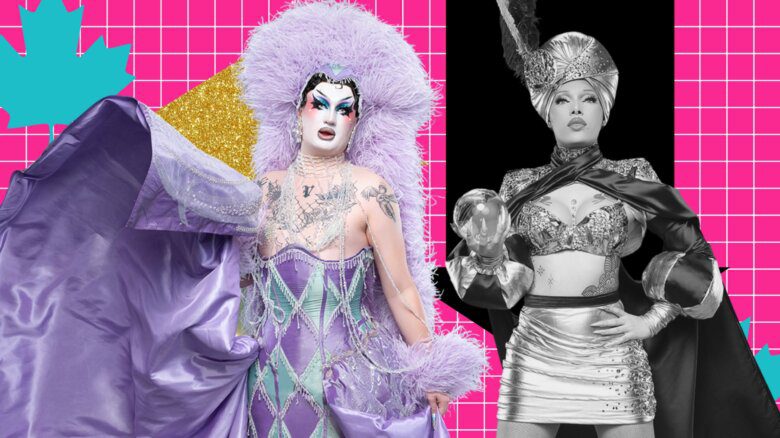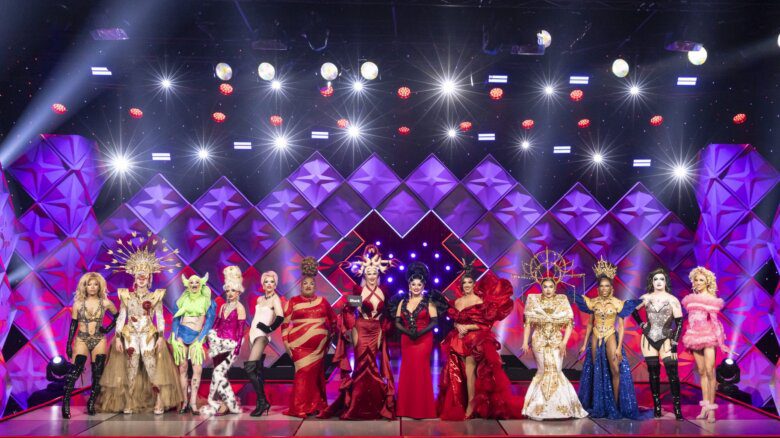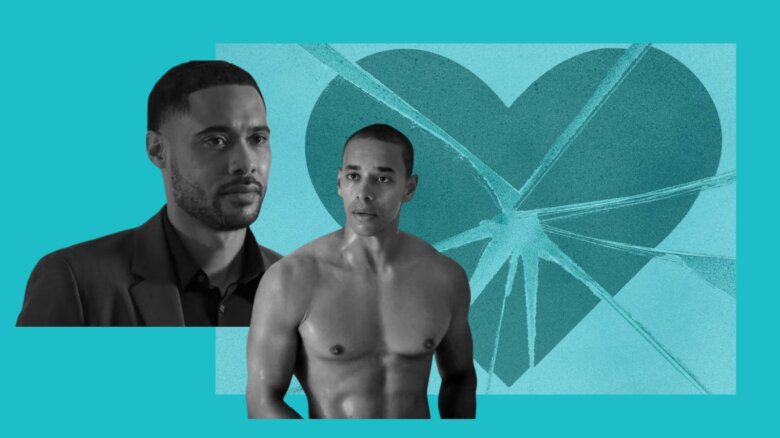Motivation is everything. In 1995, when I started writing fiction, I stood at a crossroad. I could hide in the closet and write stories about straight people. Or I could be the proud out dyke that I am and write stories set in the queer community.
The straight book would be in every bookstore. It would be reviewed by the Globe and Mail, the Vancouver Sun and Quill and Quire. My career as a novelist would take off like an Albertan wildfire. I’d have instant fame and fortune. Agents would be calling me. Oprah would endorse my book.
Or I could write In Her Nature, a collection of short stories set in the queer community and populated by fags, some living with AIDS, and motorcycle-riding, tofu-eating, leather jacket-wearing dykes.
I could present myself to the public as the pinko commie butch dyke that I am, or I could be vague and try to pass myself off as straight.
I stood at the edge of this precarious crossroad and even though the way would be rough, I really had no choice. The reason I wanted to write was to give voice to our community.
To be whole, we need to see our lives reflected in stories. Straight people see their lives reflected every time they turn around, but queers are literally starving for our stories.
It was a big risk. And I paid for it.
When my book came out, it was reviewed in some mainstream newspapers, but not all. I was referred to as a Jewish Lesbian Author.
And even though my book won the VanCity Book Prize, BC’s largest literary award, it was stocked on the “gender studies” shelf in bookstores. I was not invited to read or speak at mainstream venues.
For the next 10 years, I was a starving artist, though I was very busy. I wrote and published three more books and edited 10 anthologies of queer fiction. Even with 14 books in print, I could not make a living.
Before you break out the violins, let me say the rewards were plentiful. Many times on book tour, women and men thanked me for telling their story.
My favourite moment was when New York Rose, a 50-something, old-school, working-class butch approached me after a reading in a Manhattan lesbian bar. With a thick New York accent and tears in her eyes, she said, “This is the first damn time I’ve seen my life in a book. You know.”
If I had to do it over again, I’d do the same damn thing.
I understand why Olympic athletes stay in the closet. Nike is not going to sign a $10 million contract with a fag swimmer. McDonalds is not counting on dykes to buy quarter pounders.
It’s not easy to be out when you’re in the public eye.
Just imagine if every gay actor in Hollywood, every dyke athlete, every queer rap star decided to publicly speak out as queers.
I respect the tireless work athletes go through to get to the Olympics. But what’s the point of crossing the finish line pretending to be someone you’re not?
Closets are for clothes, not us.
 Why you can trust Xtra
Why you can trust Xtra


